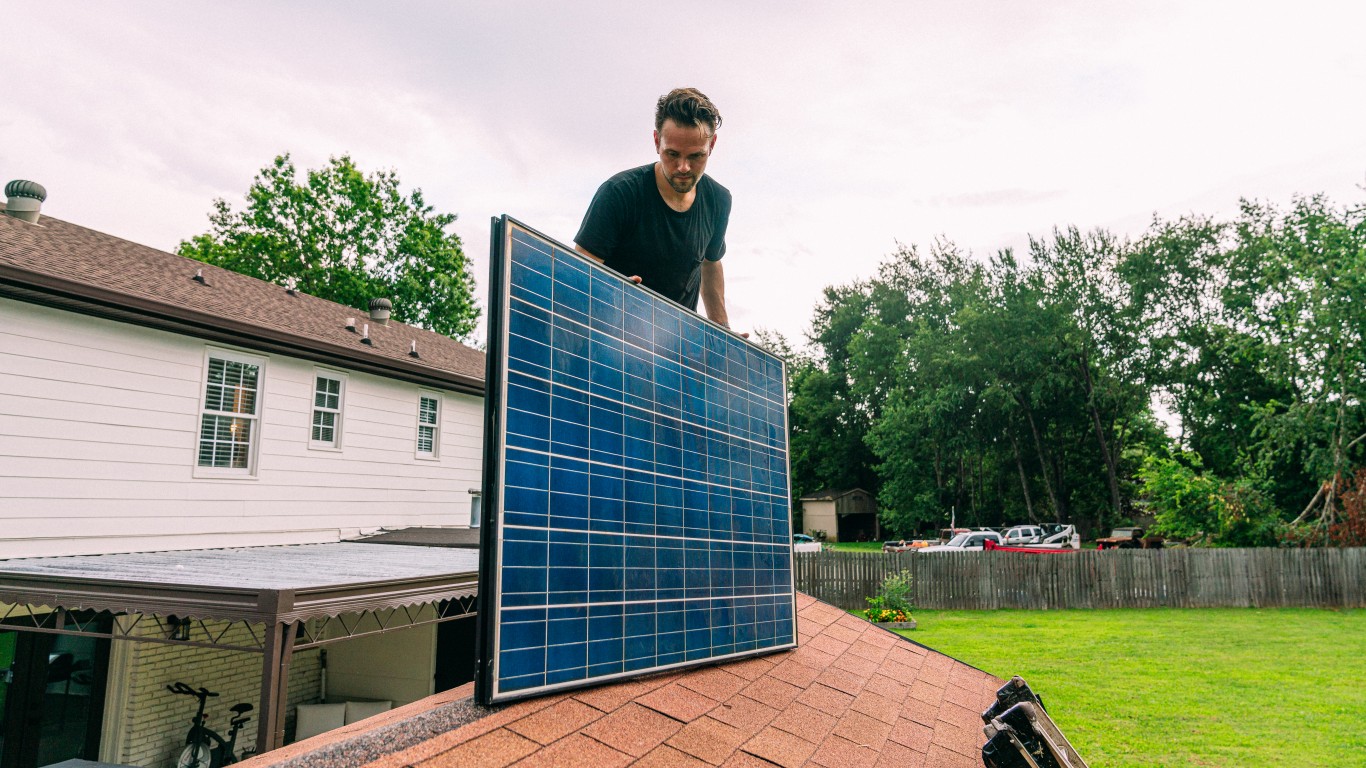
Car insurance premiums have risen sharply in recent years, increasing by 33% between 2010 and 2016. And if owners are also paying off a car loan, insurance premiums, which well exceed $1,000 annually in most states, can be a substantial burden.
The amount a typical American pays for car insurance depends on many factors, including driver age, driving record, and location. Of course, the kind of vehicle also makes a big difference in insurance costs.
The Insurance Institute for Highway Safety, a nonprofit research organization funded by auto insurers, collects data on insurance claim frequency and insurance cost per vehicle. In a given year, insurance companies make claim payments of roughly $900 on average per vehicle. Some vehicles get into more accidents, and some have higher payouts for each accident. Insurers make claim payments on some models averaging less than $600, while they are more than double that on others.
24/7 Wall St. reviewed the 25 cars with the lowest annual payouts. Many of the cars that are most expensive to insure are large or midsize luxury vehicles. Many of the cars that are the least expensive to insure are small to midsize SUVS.
Russ Rader, senior vice president for communications at the IIHS, noted that while insurance claim payment averages do not represent directly what owners might pay for insurance, they roughly reflect how much they can expect to pay. Insurers transfer higher expected costs to the consumer. If insurers can expect to pay out less frequently and in smaller amounts on certain models, they will charge lower premiums.
Click here to see the 25 least expensive cars to insure.
Click here to see the 25 most expensive cars to insure.
Click here to see our detailed findings and methodology.
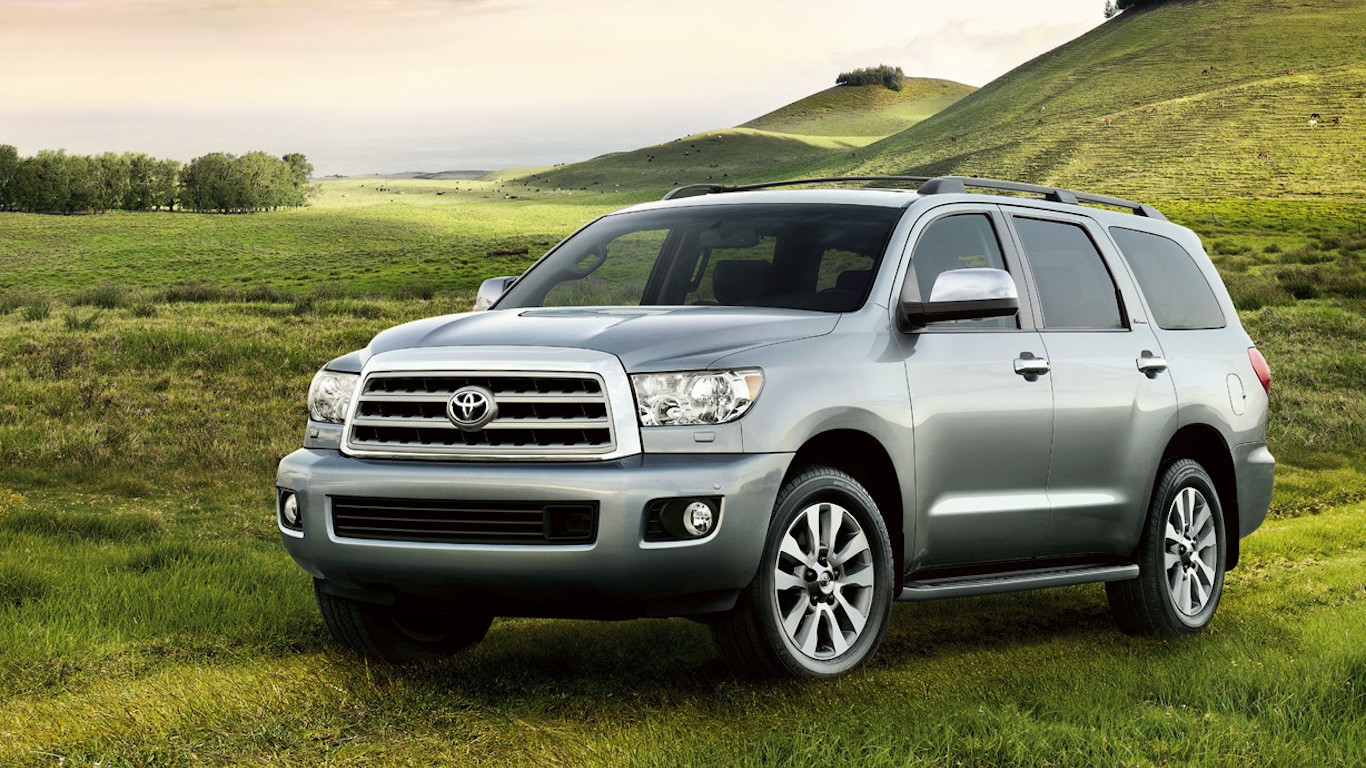
25. Toyota Sequoia four-door 4WD
> Annual average insurance paid: $719.60
> Annual collision insurance paid: $319.80
> Type: Large SUV
> Retail price: $48,400
[in-text-ad]
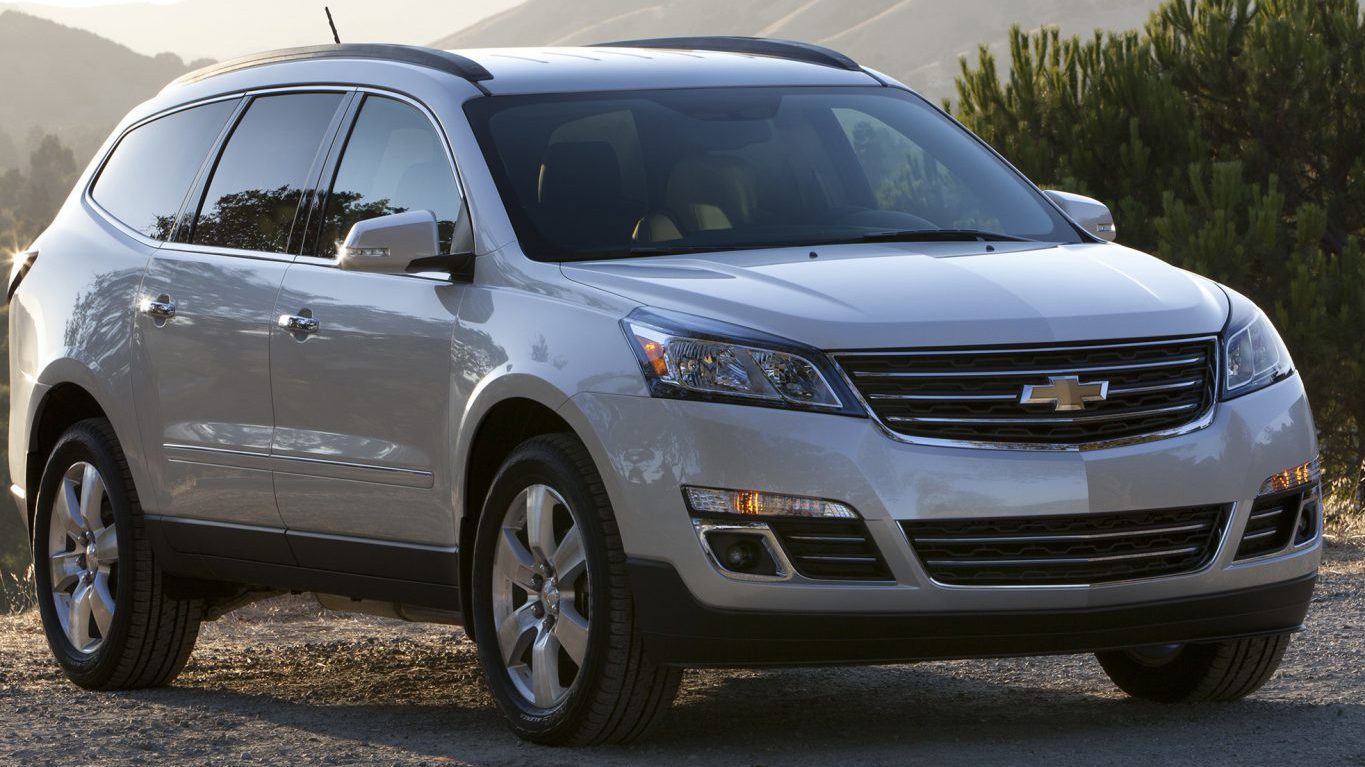
24. Chevrolet Traverse four-door 4WD
> Annual average insurance paid: $716.68
> Annual collision insurance paid: $284.70
> Type: Large SUV
> Retail price: $47,500

23. GMC Acadia four-door 2WD
> Annual average insurance paid: $712.83
> Annual collision insurance paid: $304.20
> Type: Large SUV
> Retail price: $29,000
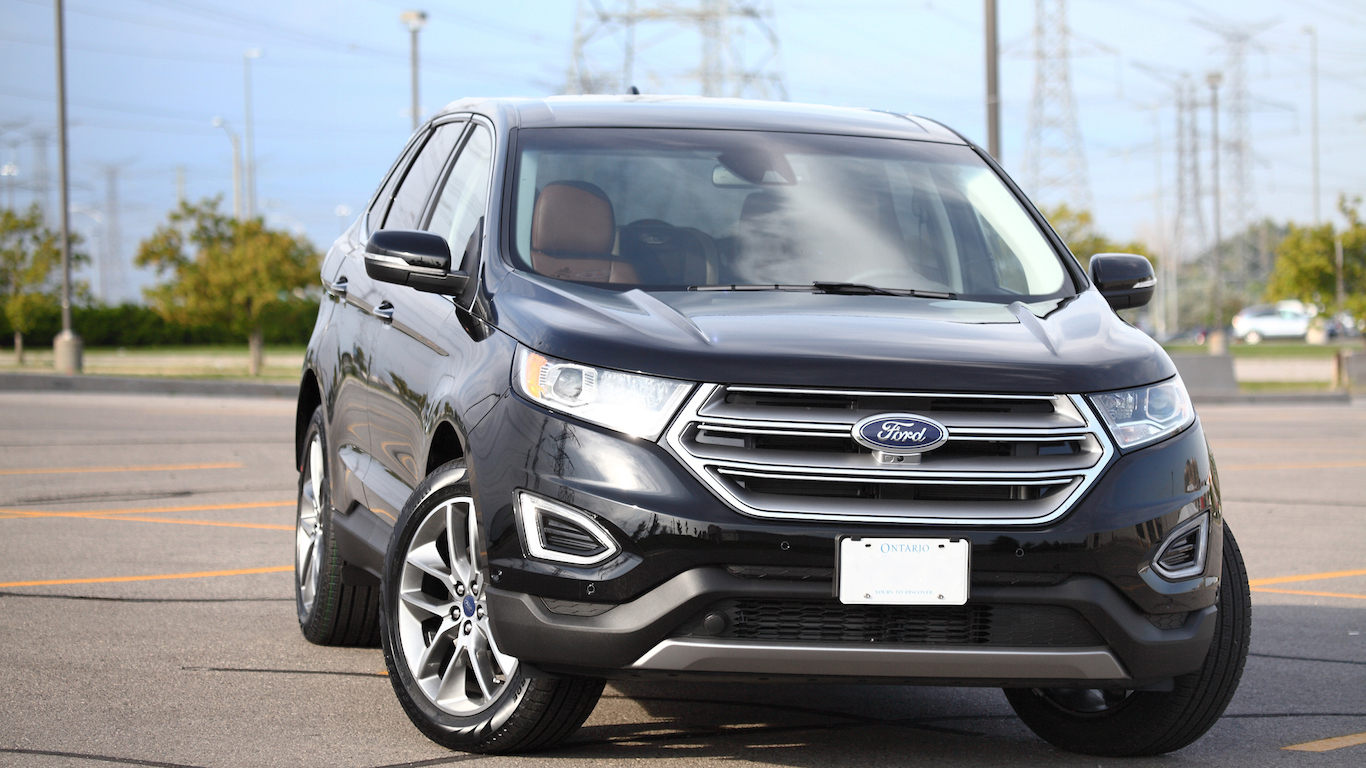
22. Ford Edge four-door 2WD
> Annual average insurance paid: $693.74
> Annual collision insurance paid: $304.20
> Type: Midsize SUV
> Retail price: $29,315
[in-text-ad-2]

21. Ford F-150 SuperCab 4WD
> Annual average insurance paid: $690.91
> Annual collision insurance paid: $273.00
> Type: Large pickup
> Retail price: $27,705
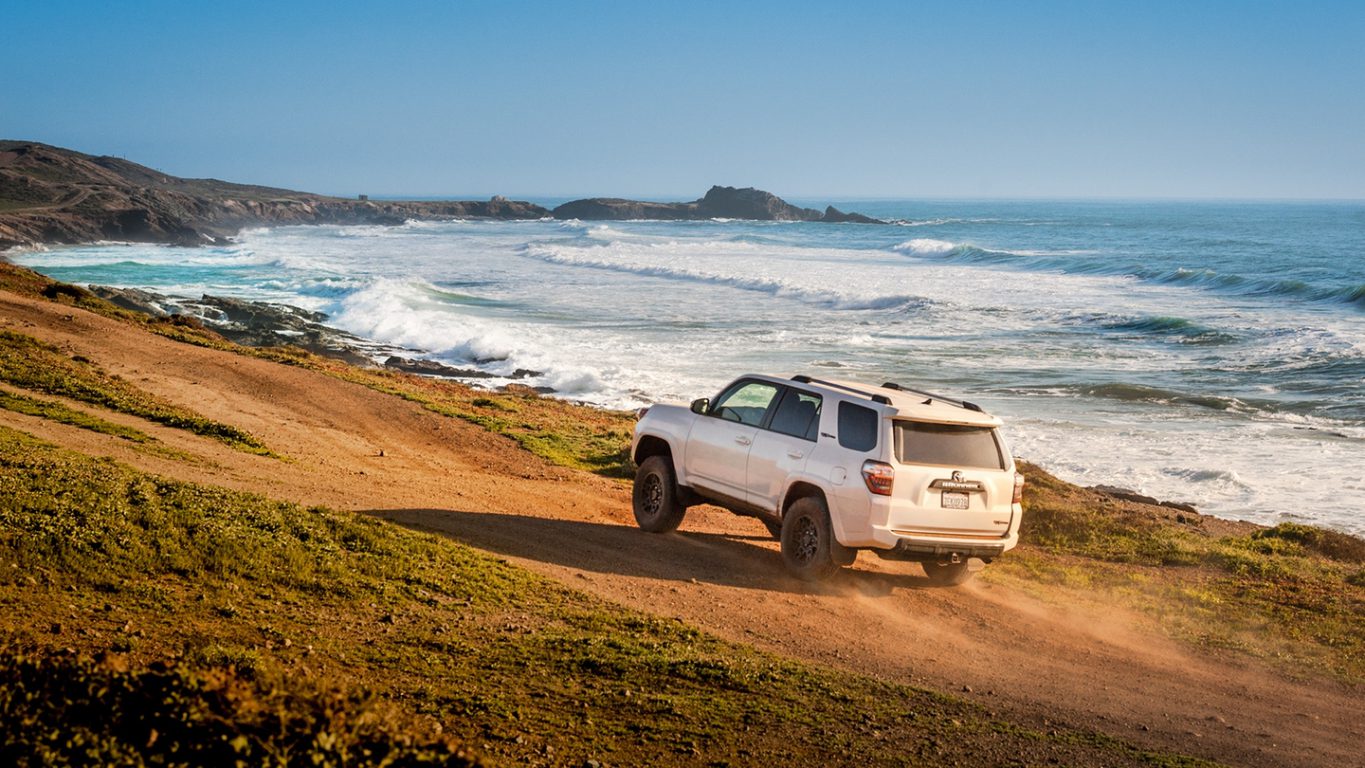
20. Toyota 4Runner four-door 4WD
> Annual average insurance paid: $688.12
> Annual collision insurance paid: $292.50
> Type: Midsize SUV
> Retail price: $34,610
[in-text-ad]
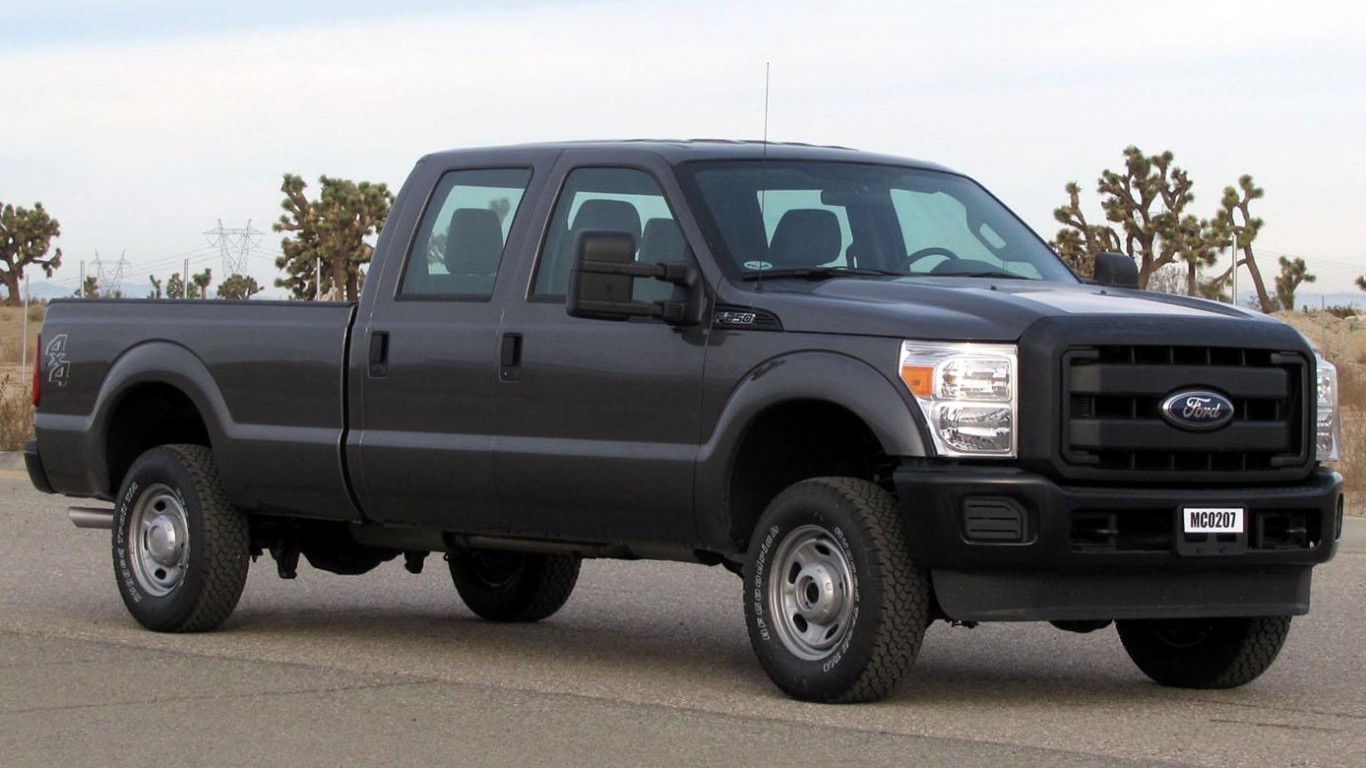
19. Ford F-250 SuperCab 4WD
> Annual average insurance paid: $684.51
> Annual collision insurance paid: $249.60
> Type: Large pickup
> Retail price: $33,150
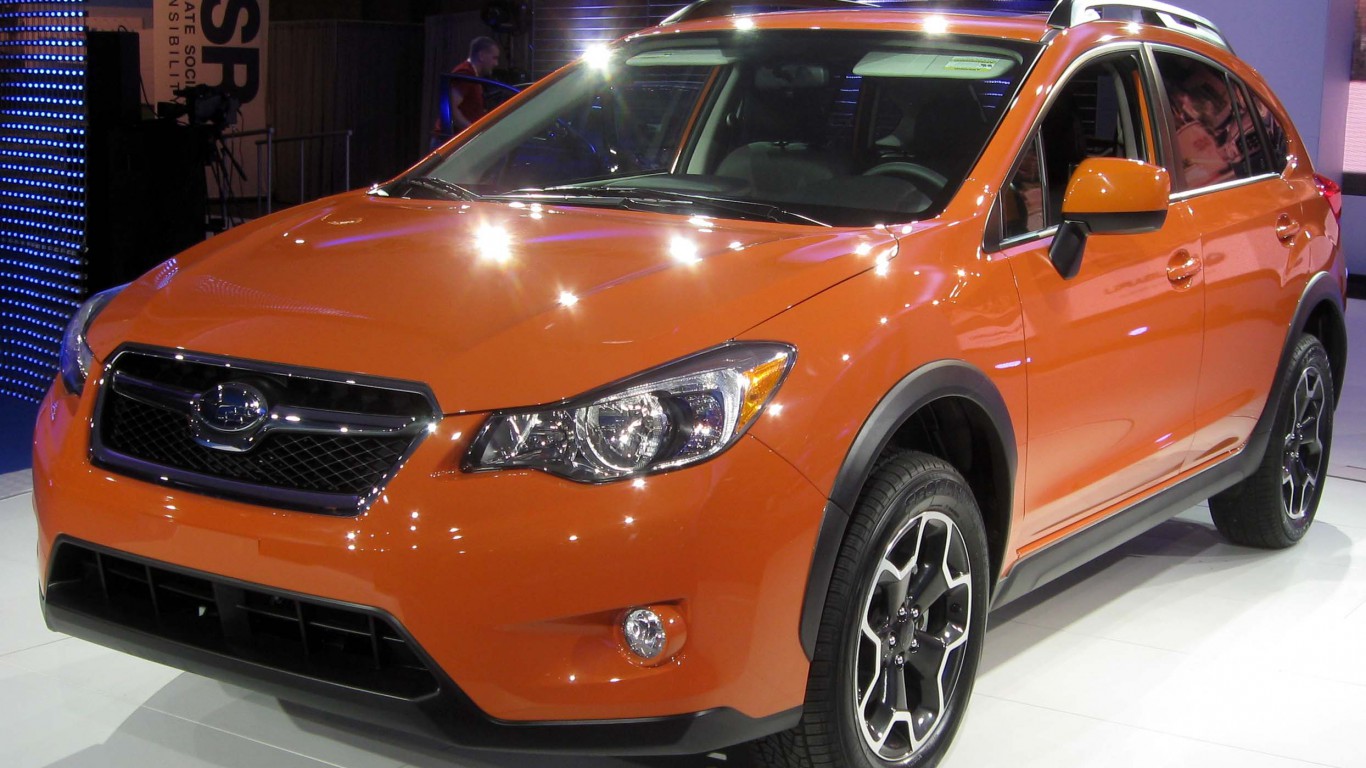
18. Subaru XV Crosstrek 4WD with Eyesight
> Annual average insurance paid: $680.94
> Annual collision insurance paid: $288.60
> Type: Small station wagons/minivans
> Retail price: $21,595
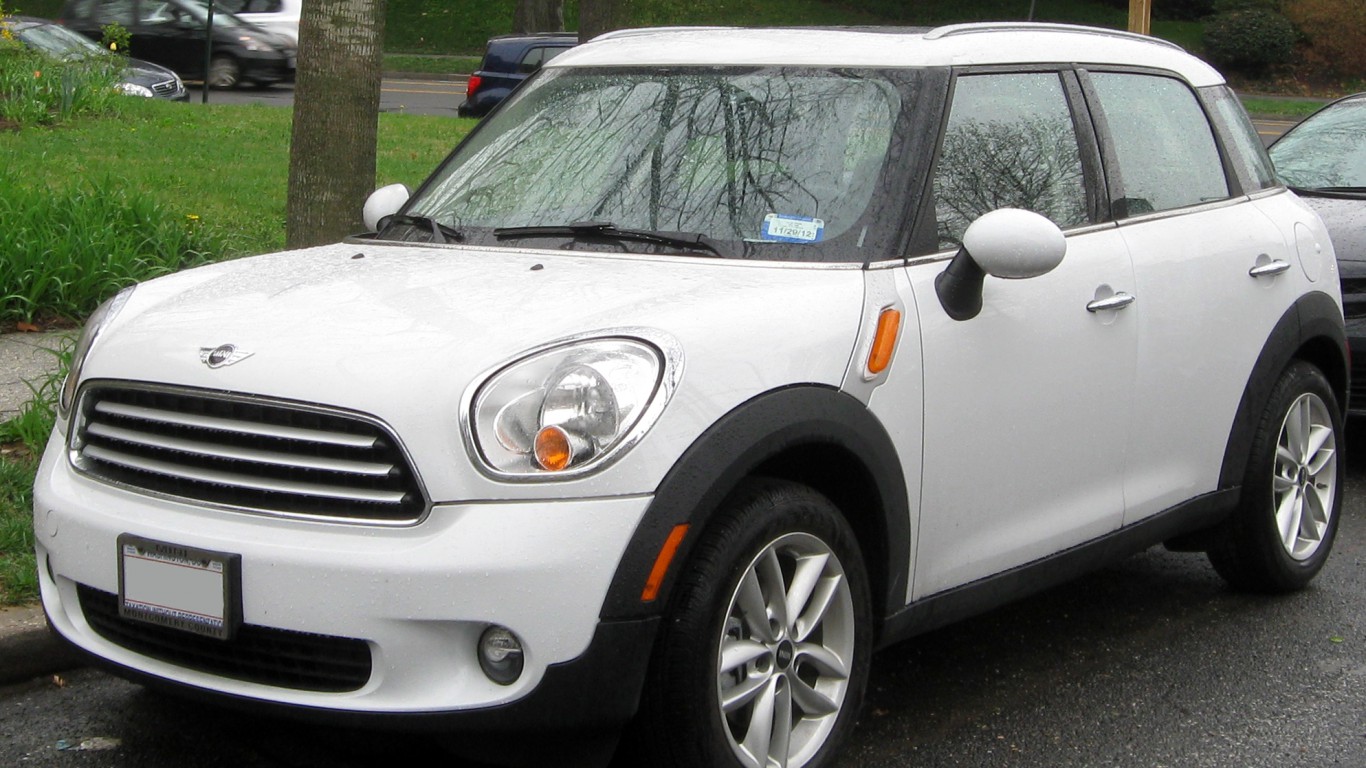
17. Mini Countryman 4WD
> Annual average insurance paid: $680.94
> Annual collision insurance paid: $312.00
> Type: Small station wagons/minivans
> Retail price: $26,600
[in-text-ad-2]
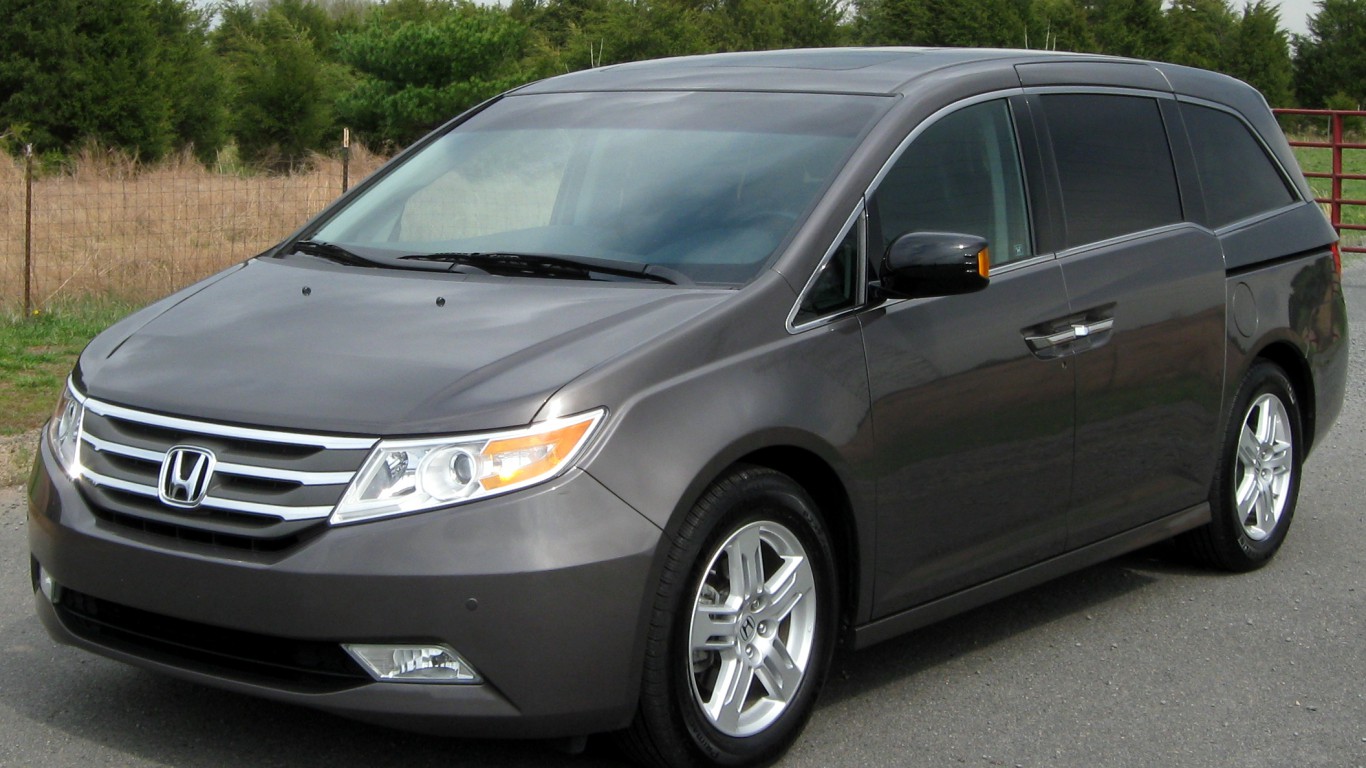
16. Honda Odyssey
> Annual average insurance paid: $680.40
> Annual collision insurance paid: $296.40
> Type: Large station wagons/minivans
> Retail price: $29,990
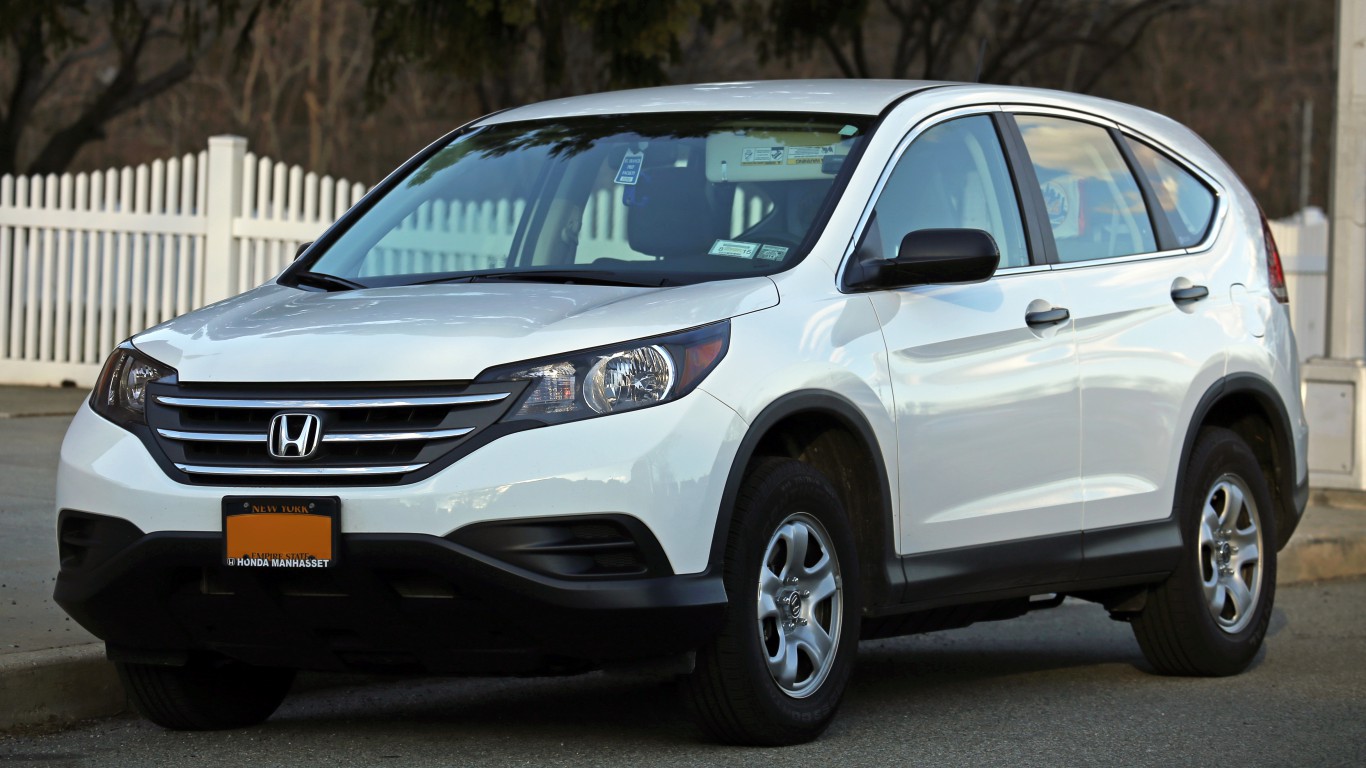
15. Honda CR-V four-door 4WD
> Annual average insurance paid: $678.46
> Annual collision insurance paid: $269.10
> Type: Small SUV
> Retail price: $24,250
[in-text-ad]
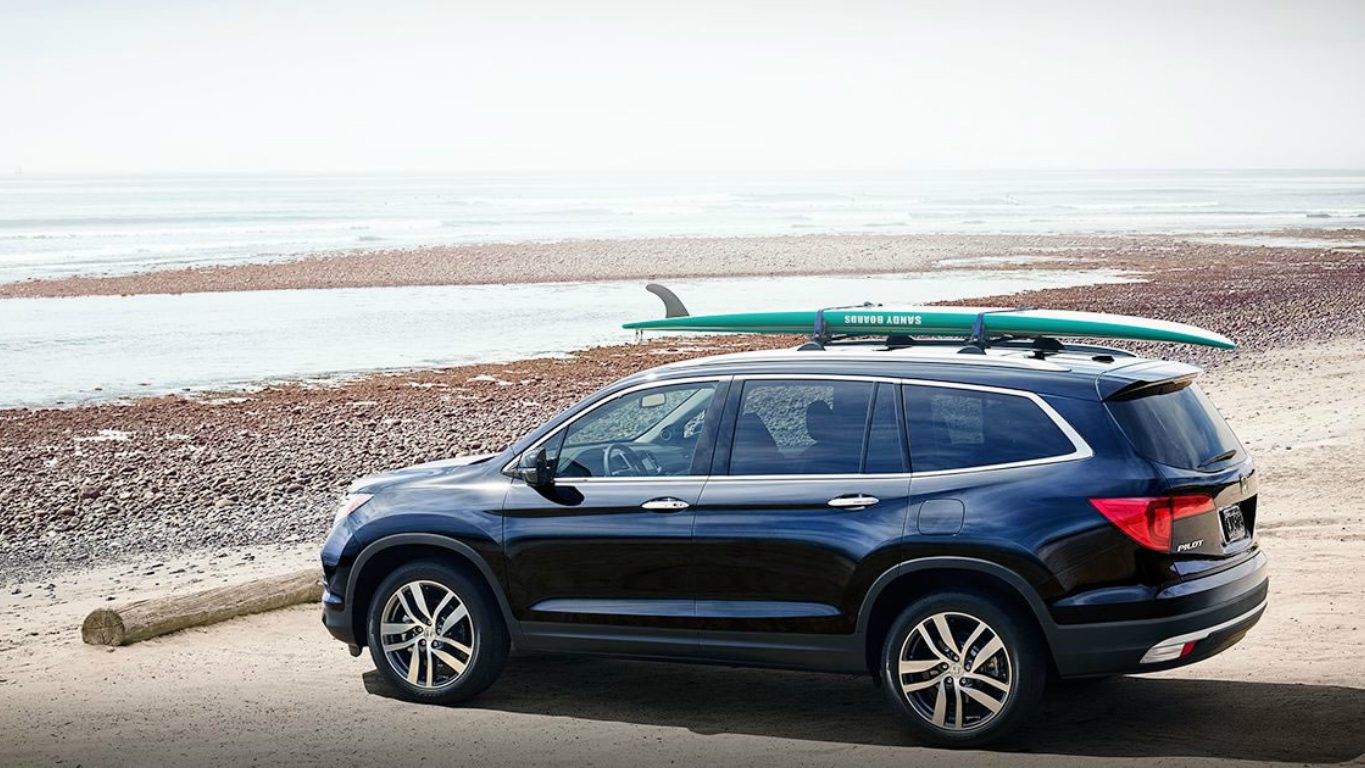
14. Honda Pilot four-door 2WD
> Annual average insurance paid: $677.38
> Annual collision insurance paid: $284.70
> Type: Midsize SUV
> Retail price: $30,900
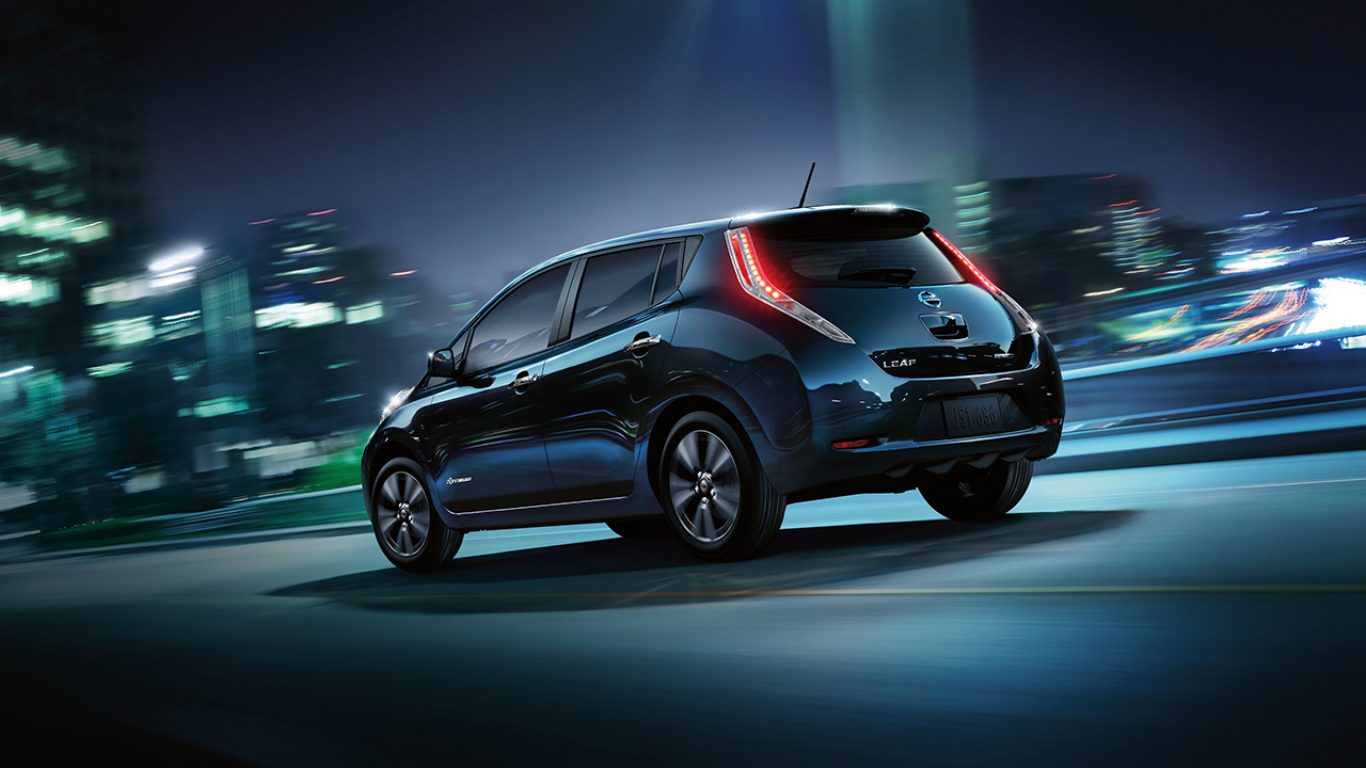
13. Nissan Leaf electric
> Annual average insurance paid: $675.03
> Annual collision insurance paid: $319.80
> Type: Small four-door
> Retail price: $29,990

12. Chevrolet Corvette convertible
> Annual average insurance paid: $671.58
> Annual collision insurance paid: $417.30
> Type: Midsize sports cars
> Retail price: $55,495
[in-text-ad-2]
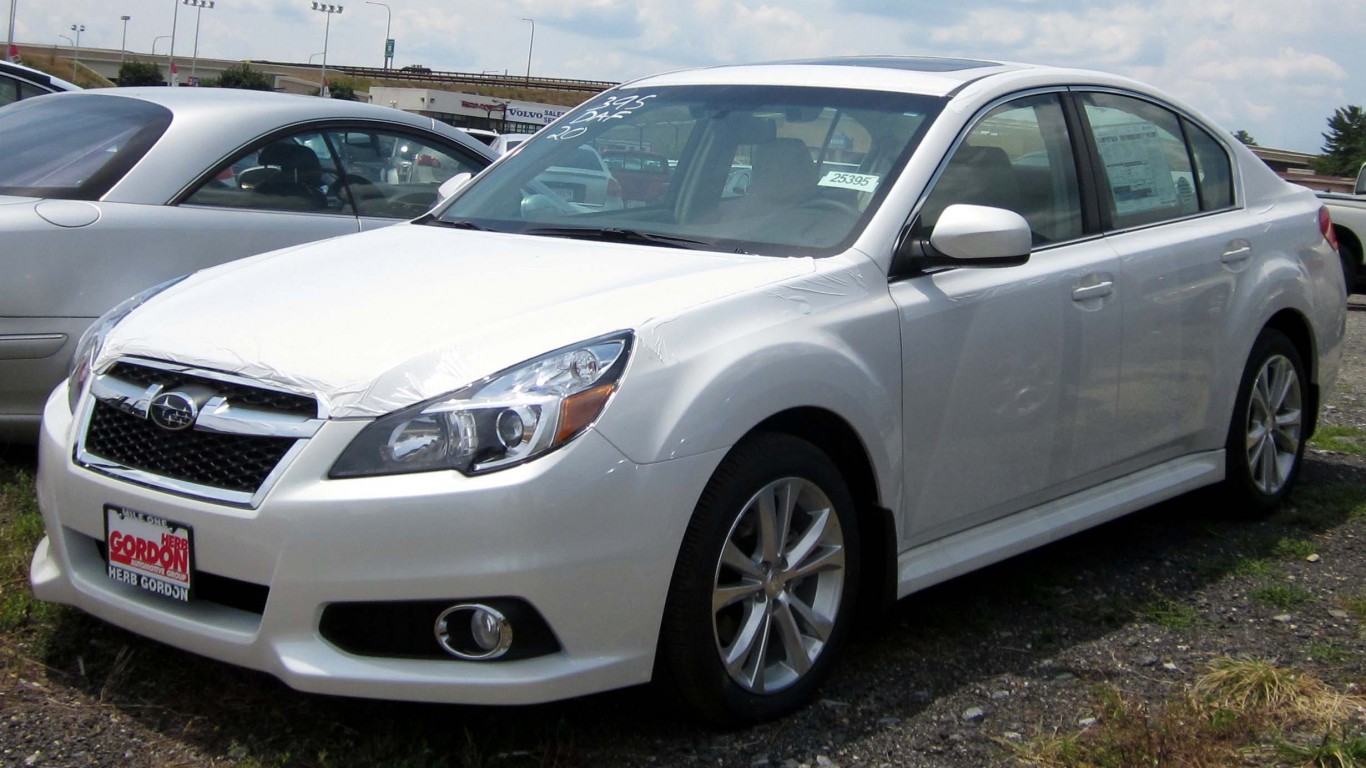
11. Subaru Legacy 4WD with Eyesight
> Annual average insurance paid: $667.79
> Annual collision insurance paid: $296.40
> Type: Midsize four-door
> Retail price: $22,195
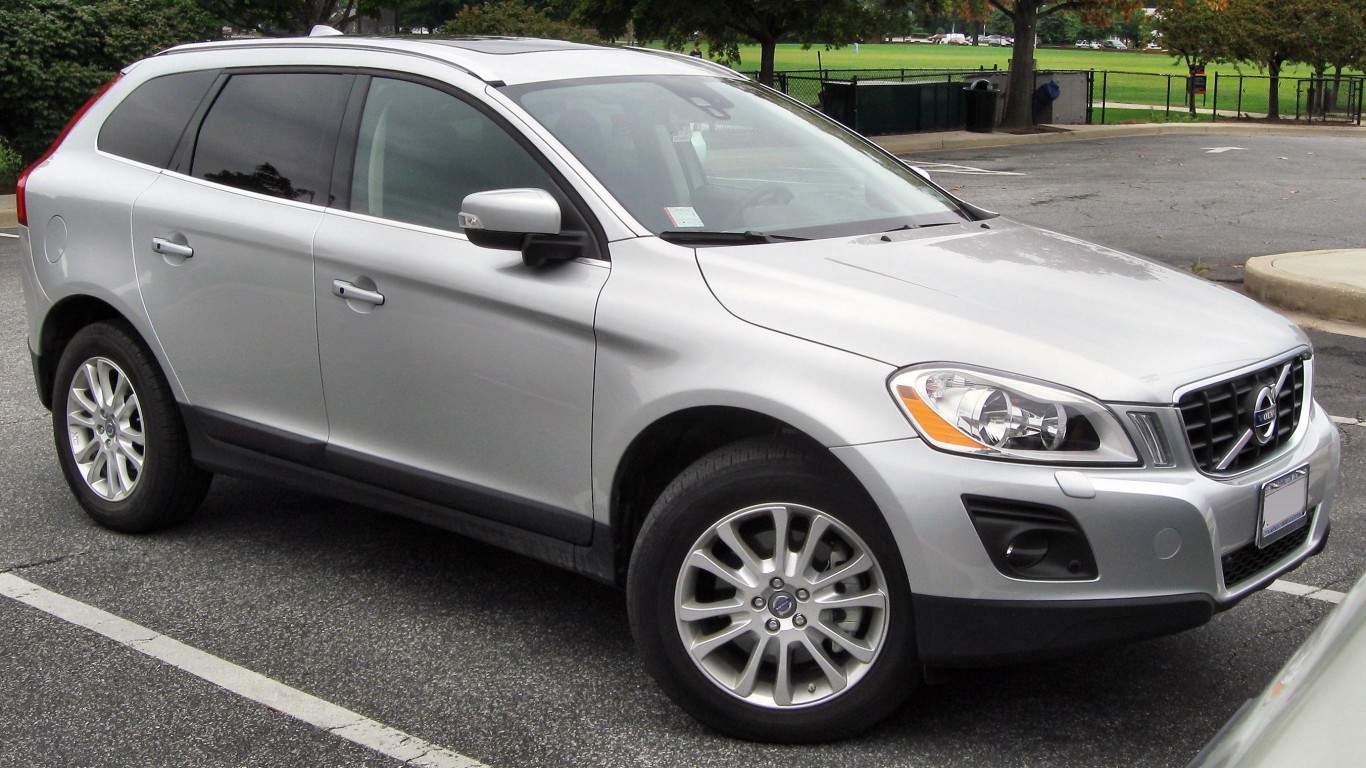
10. Volvo XC60 four-door 2WD
> Annual average insurance paid: $665.28
> Annual collision insurance paid: $315.90
> Type: Midsize luxury SUV
> Retail price: $41,500
[in-text-ad]
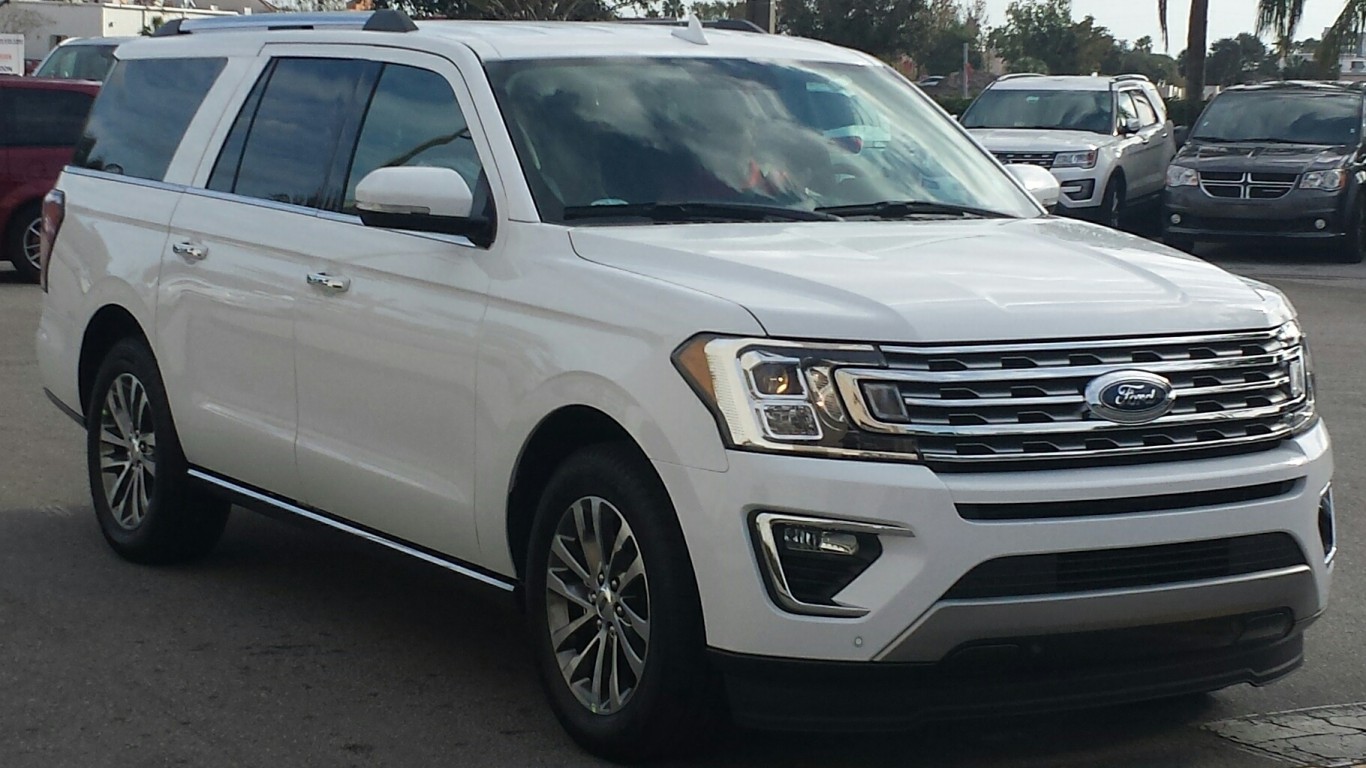
9. Ford Expedition four-door 2WD
> Annual average insurance paid: $660.16
> Annual collision insurance paid: $284.70
> Type: Large SUV
> Retail price: $51,790

8. Acura MDX four-door 2WD
> Annual average insurance paid: $660.06
> Annual collision insurance paid: $280.80
> Type: Midsize luxury SUV
> Retail price: $44,200
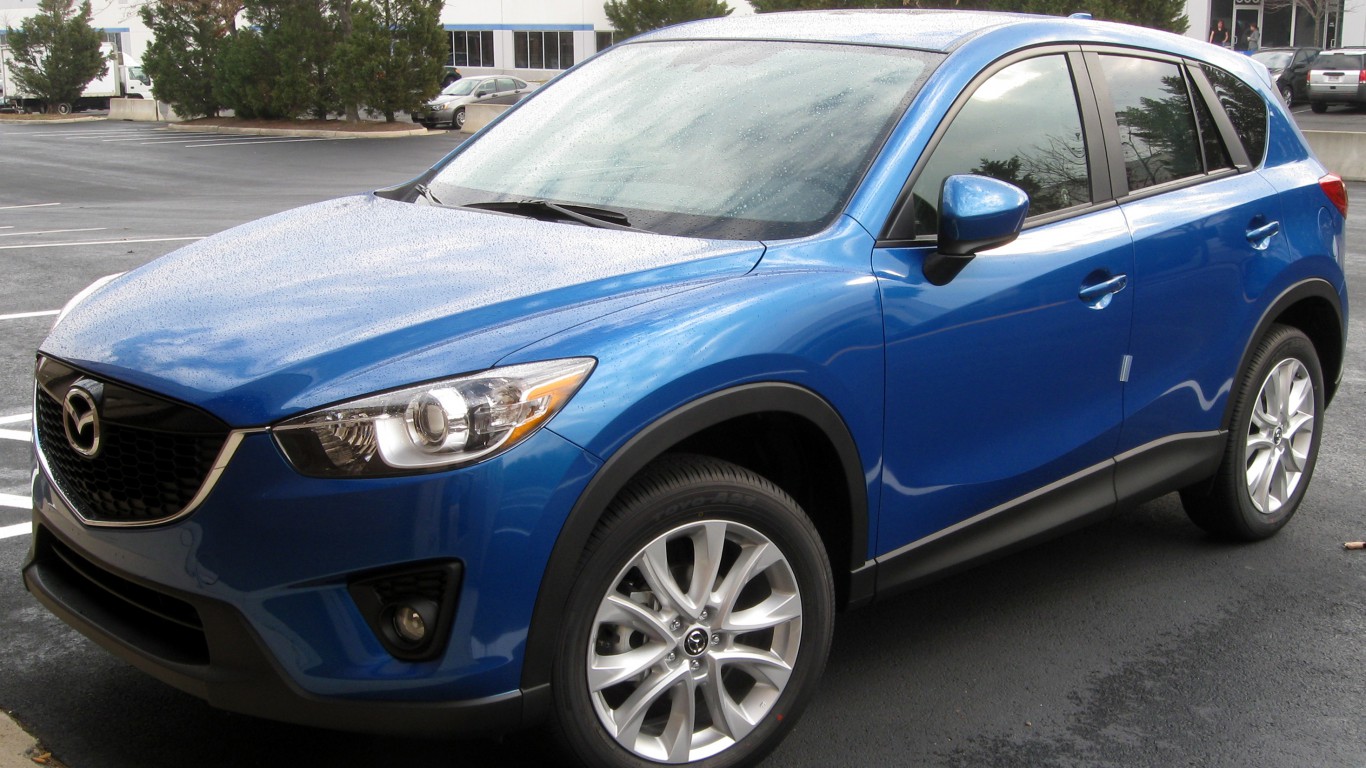
7. Mazda CX-5 four-door 2WD
> Annual average insurance paid: $649.78
> Annual collision insurance paid: $245.70
> Type: Small SUV
> Retail price: $24,150
[in-text-ad-2]
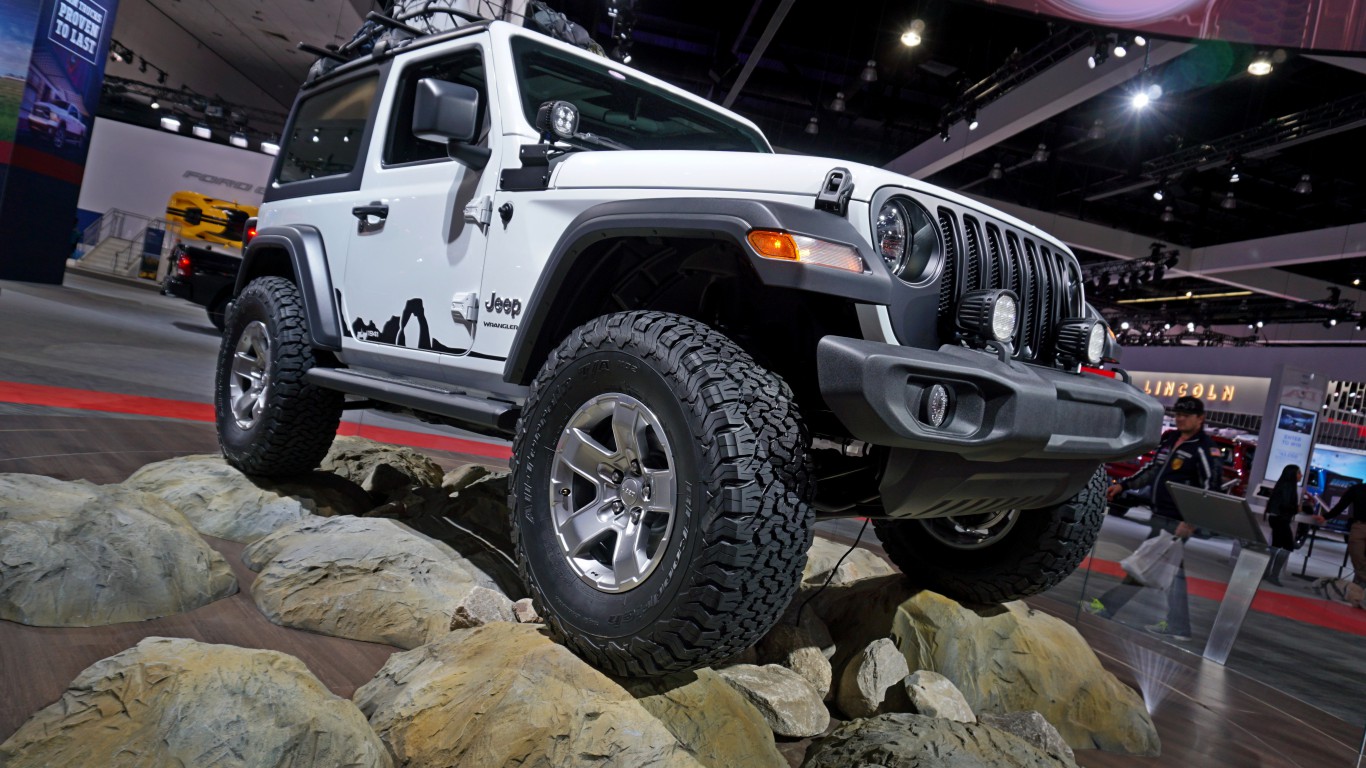
6. Jeep Wrangler two-door SWB 4WD
> Annual average insurance paid: $647.85
> Annual collision insurance paid: $206.70
> Type: Small SUV
> Retail price: $23,995

5. Subaru Forester four-door 4WD with Eyesight
> Annual average insurance paid: $645.85
> Annual collision insurance paid: $273.00
> Type: Small SUV
> Retail price: $22,795
[in-text-ad]
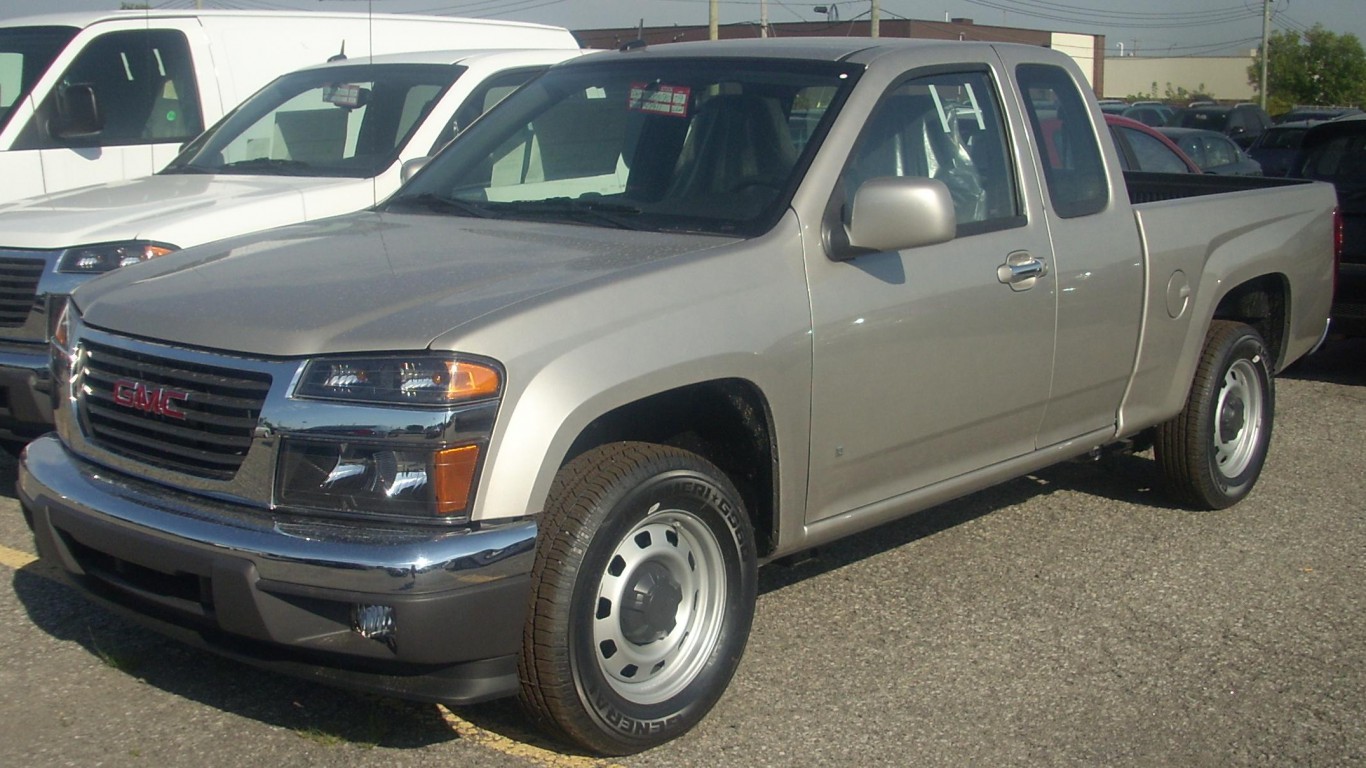
4. GMC Canyon crew cab 4WD
> Annual average insurance paid: $633.70
> Annual collision insurance paid: $257.40
> Type: Small pickup
> Retail price: $21,100
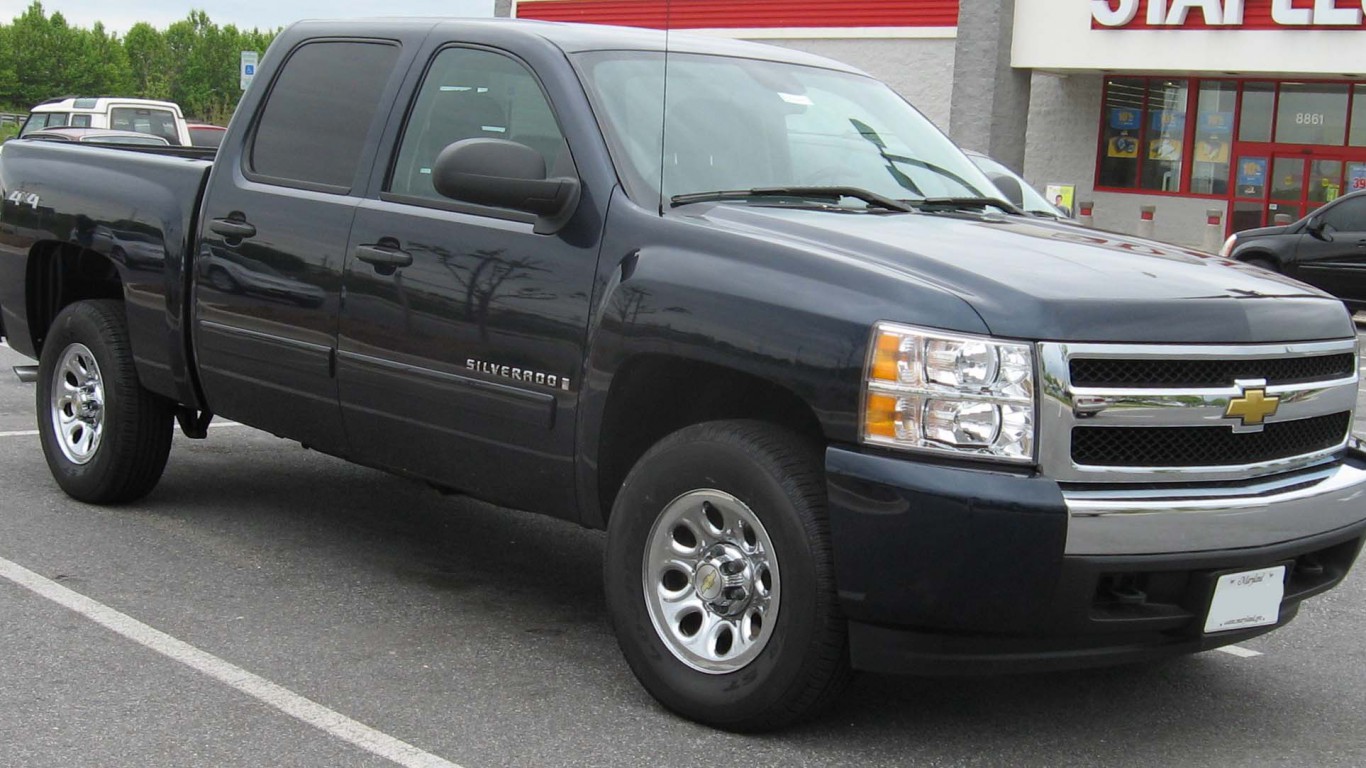
3. Chevrolet Silverado 1500 4WD
> Annual average insurance paid: $620.47
> Annual collision insurance paid: $253.50
> Type: Large pickup
> Retail price: $28,300
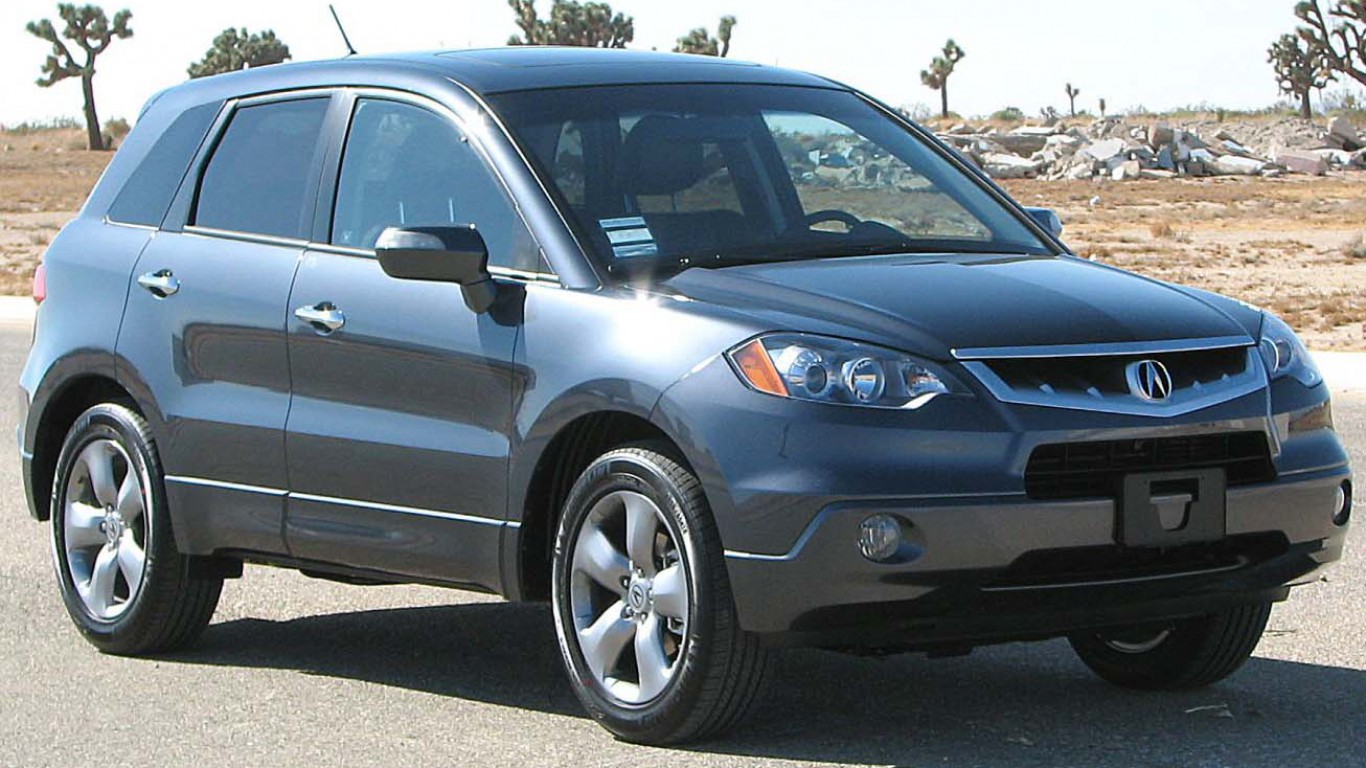
2. Acura RDX four-door 2WD
> Annual average insurance paid: $590.92
> Annual collision insurance paid: $249.60
> Type: Midsize luxury SUV
> Retail price: $36,000
[in-text-ad-2]
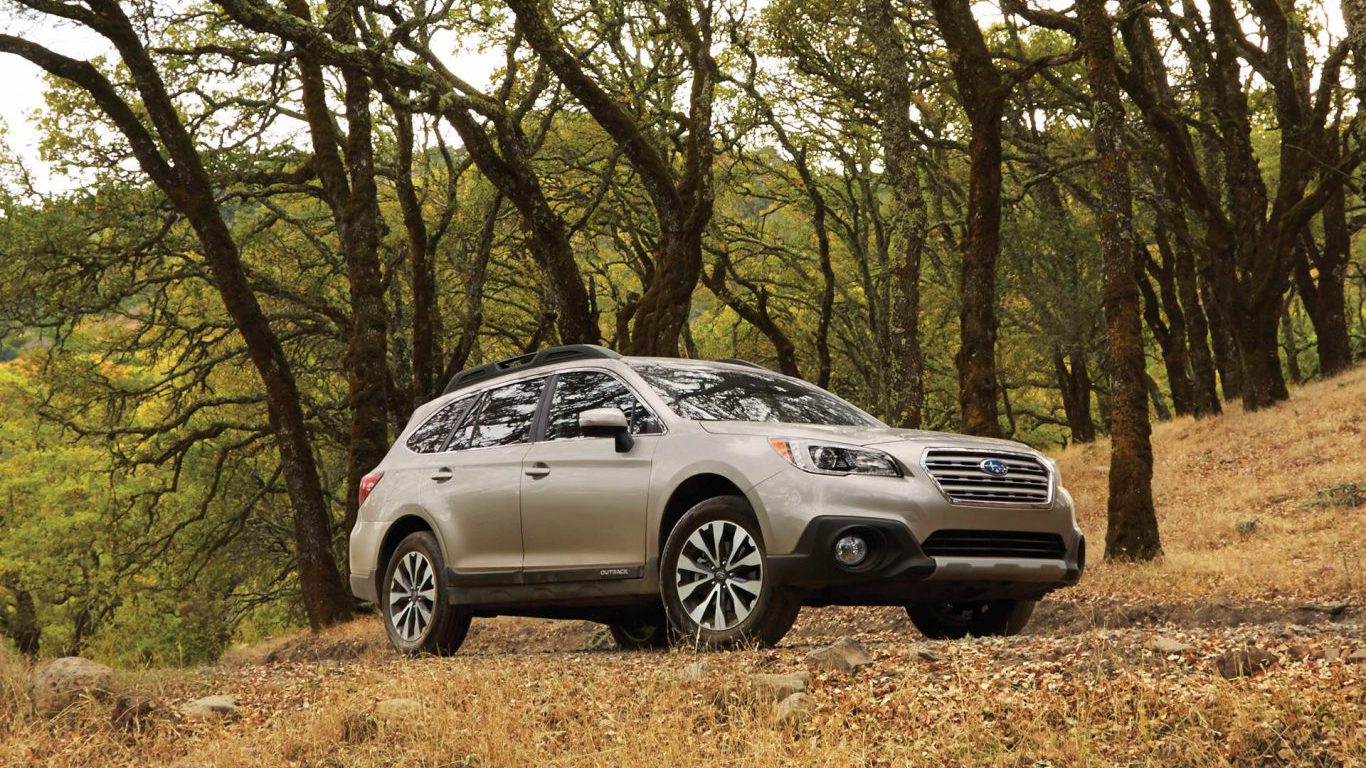
1. Subaru Outback 4WD with Eyesight
> Annual average insurance paid: $539.32
> Annual collision insurance paid: $222.30
> Type: Midsize station wagons/minivans
> Retail price: $25,895
Detailed Findings
A review of the data shows that generally, more expensive models tend to demand higher insurance payouts in categories related to damage repair, in particular when covering collision costs. Close to half of the 25 cars with the highest insurance costs are luxury vehicles, compared to just three of the 25 cars with the lowest insurance costs.
In addition to price, the size of the vehicle appears to be a major determinant of insurance payouts. “One of the truisms of the universe is that bigger and heavier is better from a safety perspective,” Rader explained. Many of the vehicles with low insurance claim payments are large and midsize SUVs. Such cars tend to have low personal injury, medical, and bodily injury insurance payouts, likely the result of being safer.
Many of the vehicles with the highest overall average insurance payments are small to midsize sedans, which tend to protect drivers and passengers less than larger vehicles. “Looking at insurance loss data can help you not only zero in on the vehicles that are less costly to insure, but it can also help you compare the safety of vehicles in real-world driving,” Rader noted.
Methodology
To determine the 25 Cars with the lowest insurance costs, 24/7 Wall St. reviewed data on insurance claim payments made by insurers by make and model, provided by the Insurance Institute for Highway Safety, a nonprofit research organization funded by auto insurers. The costs include six types of insurance: collision, property damage, comprehensive, personal injury, medical payment, and bodily injury. The model that is most expensive to insure had the highest overall average cost to the insurer per year. These data are for 575 vehicles of 2014-2016 model years sold in the United States. Average annual insurance payments account for both the frequency of accidents, as well as the average payment made, by model. IIHS breaks down the data for models to sometimes include certain safety-relevant features, such as all wheel drive, and driver assistance technology. To avoid repetition, each model nameplate was listed only once, and the more expensive version to insure is always listed.
Travel Cards Are Getting Too Good To Ignore (sponsored)
Credit card companies are pulling out all the stops, with the issuers are offering insane travel rewards and perks.
We’re talking huge sign-up bonuses, points on every purchase, and benefits like lounge access, travel credits, and free hotel nights. For travelers, these rewards can add up to thousands of dollars in flights, upgrades, and luxury experiences every year.
It’s like getting paid to travel — and it’s available to qualified borrowers who know where to look.
We’ve rounded up some of the best travel credit cards on the market. Click here to see the list. Don’t miss these offers — they won’t be this good forever.
Thank you for reading! Have some feedback for us?
Contact the 24/7 Wall St. editorial team.
 24/7 Wall St.
24/7 Wall St. 24/7 Wall St.
24/7 Wall St.
